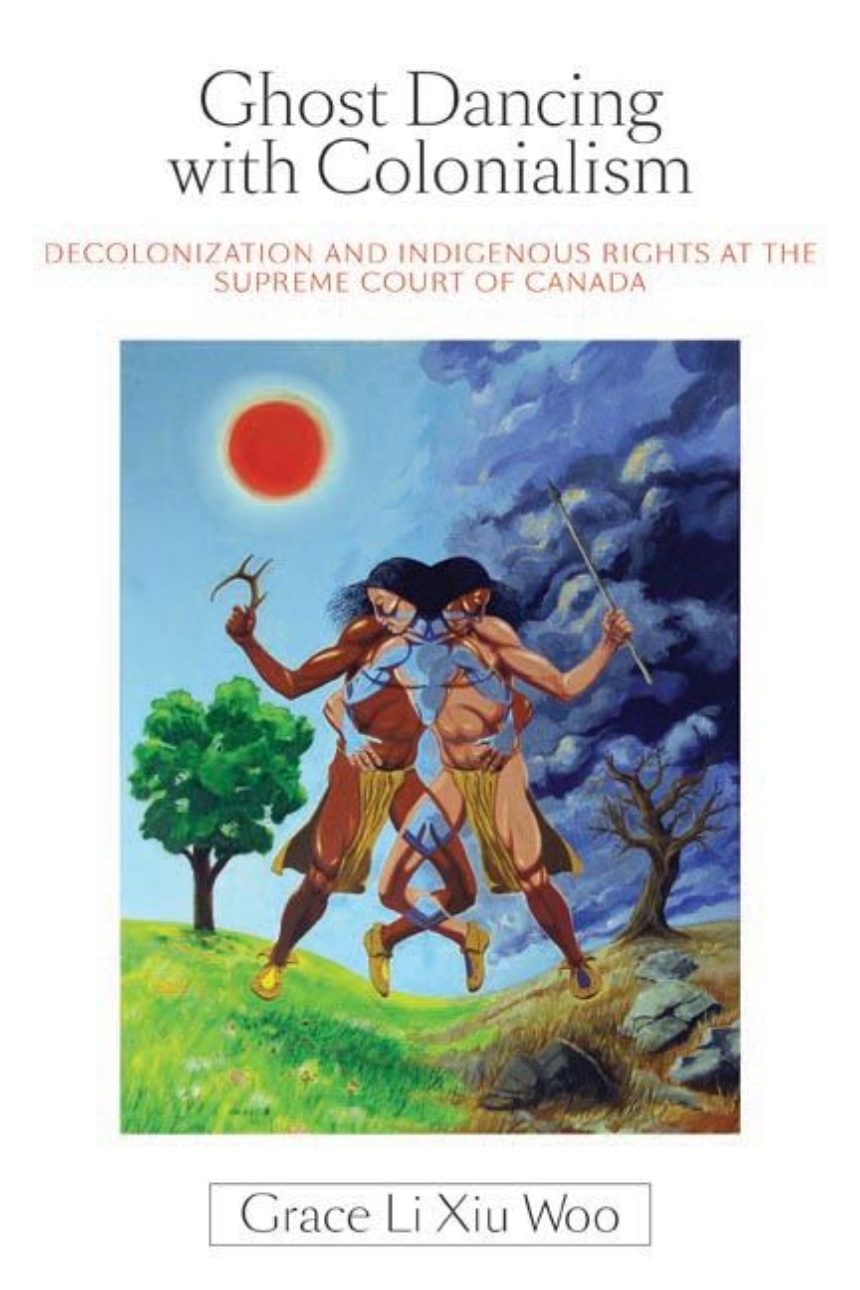University of British Columbia Press
Ghost Dancing with Colonialism
Decolonization and Indigenous Rights at the Supreme Court of Canada
Distributed for University of British Columbia Press
Ghost Dancing with Colonialism
Decolonization and Indigenous Rights at the Supreme Court of Canada
Some assume that Canada earned a place among postcolonial states in 1982 when it took charge of its Constitution. Yet despite the formal recognition accorded to Aboriginal and treaty rights at that time, Indigenous peoples continue to argue that they are still being colonized. Grace Woo assesses this allegation using a binary model that distinguishes colonial from postcolonial legality. She argues that two legal paradigms governed the expansion of the British Empire, one based on popular consent, the other on conquest and the power to command. Ghost Dancing with Colonialism casts explanatory light on ongoing tensions between Canada and Indigenous peoples.
Table of Contents
Introduction: Ghost Dancing and S. 35
Part 1: Paradigms and the British Empire
1 Anomalies
2 Conceptual Structures
3 Colonial and Postcolonial Legality
Part 2: Case Study: Indigenous Rights and Decolonization at the Supreme Court of Canada
4 Methodology
5 Internal Architecture of the Court’s Reasoning
6 Trends and Dance Tunes
7 Can the Court Become Postcolonial?
Appendix 1: Chronological List of Cases Studied
Appendix 2: Judicial Careers
Appendix 3: Judicial Reasoning Profiles
Appendix 4: Assessment of Reasoning
Appendix 5: Use of the Canadian Judicial Institution
Notes
Selected Bibliography
General Index
Index of Cases
Index of Legislation, Treaties, and Accords

